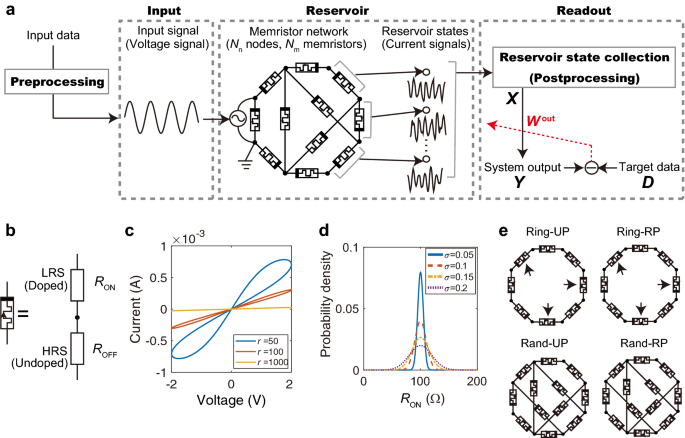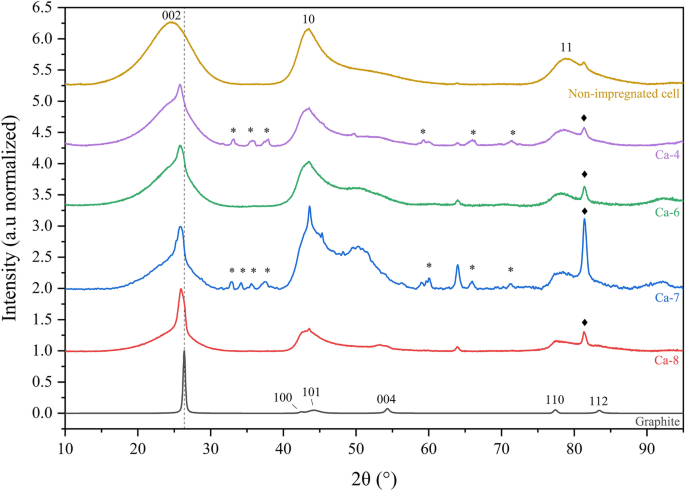In the highly derived syngnathid fishes (pipefishes, seadragons & seahorses), the evolution of sex-role reversed brooding behavior culminated in the seahorse lineage’s male pregnancy, whose males feature a specialized brood pouch into which females deposit eggs during mating. Then, eggs are intimately engulfed by a placenta-like tissue that facilitates gas and nutrient exchange. As fathers immunologically tolerate allogenic embryos, it was suggested that male pregnancy co-evolved with specific immunological adaptations. Indeed, here we show that a specific amino-acid replacement in the tlx1 transcription factor is associated with seahorses’ asplenia (loss of spleen, an organ central in the immune system), as confirmed by a CRISPR-Cas9 experiment using zebrafish. Comparative genomics across the syngnathid phylogeny revealed that the complexity of the immune system gene repertoire decreases as parental care intensity increases. The synchronous evolution of immunogenetic alterations and male pregnancy supports the notion that male pregnancy co-evolved with the immunological tolerance of the embryo. Seahorses may have required adaptations to avoid immunological rejection of allogenic embryos by males. The authors show that a single substitution in tlx1 is associated with loss of the spleen in seahorses, and that across the clade, degree of male pregnancy is negatively correlated with immune gene repertoire complexity. - READ MORE
By Nature.com
Fri, 09 Dec 2022 14:14:13 GMT





_4.jpg)


